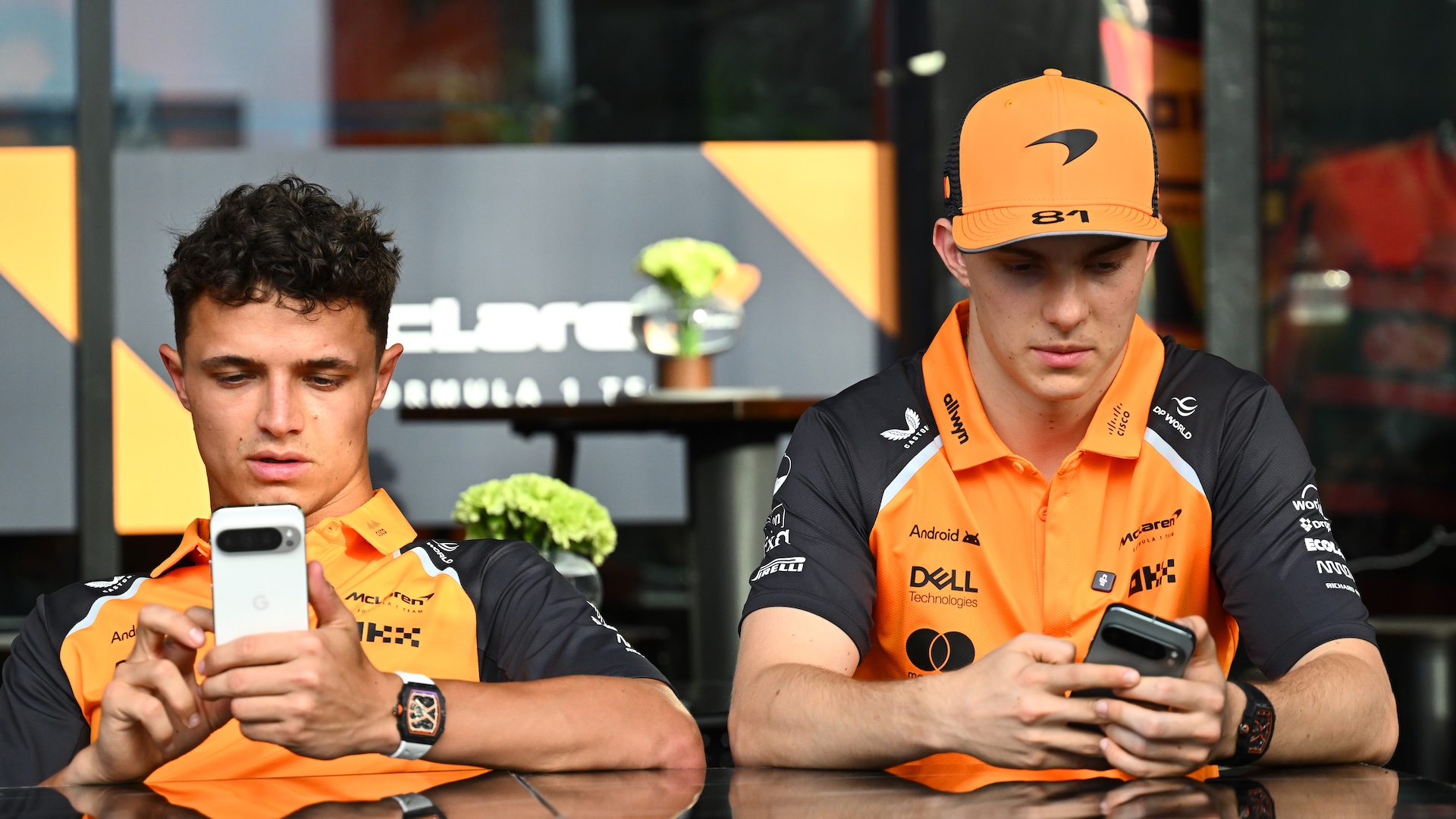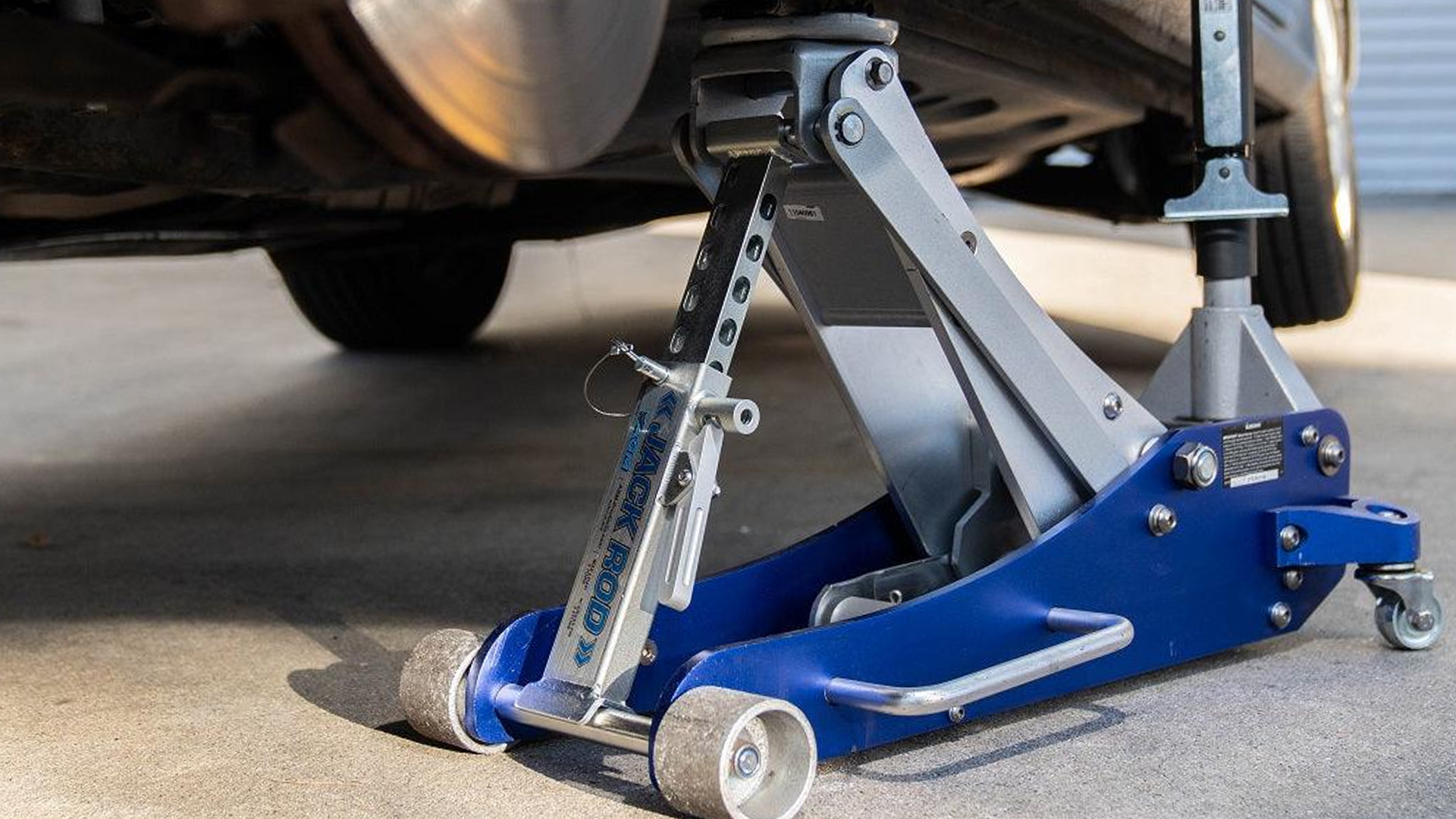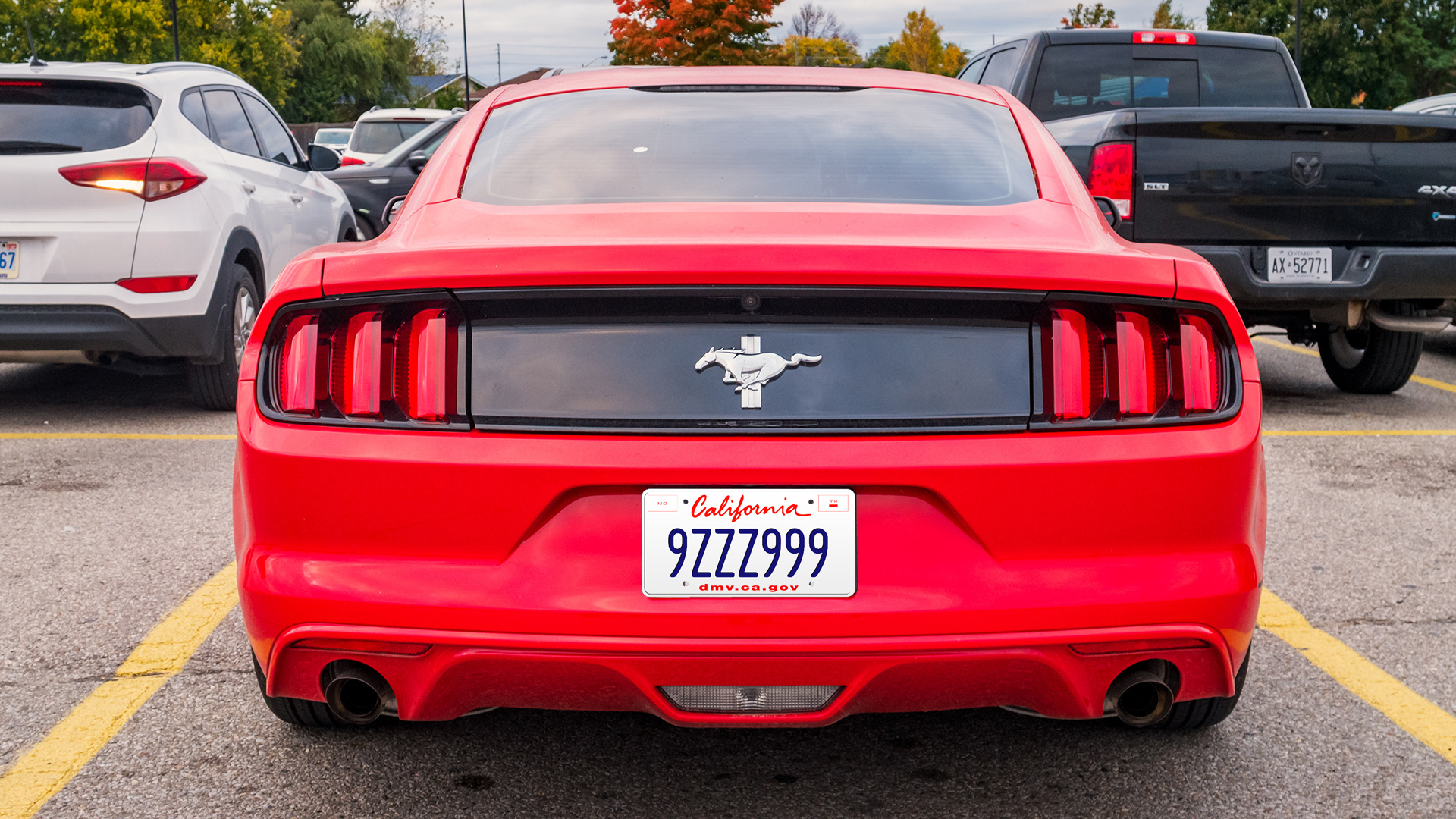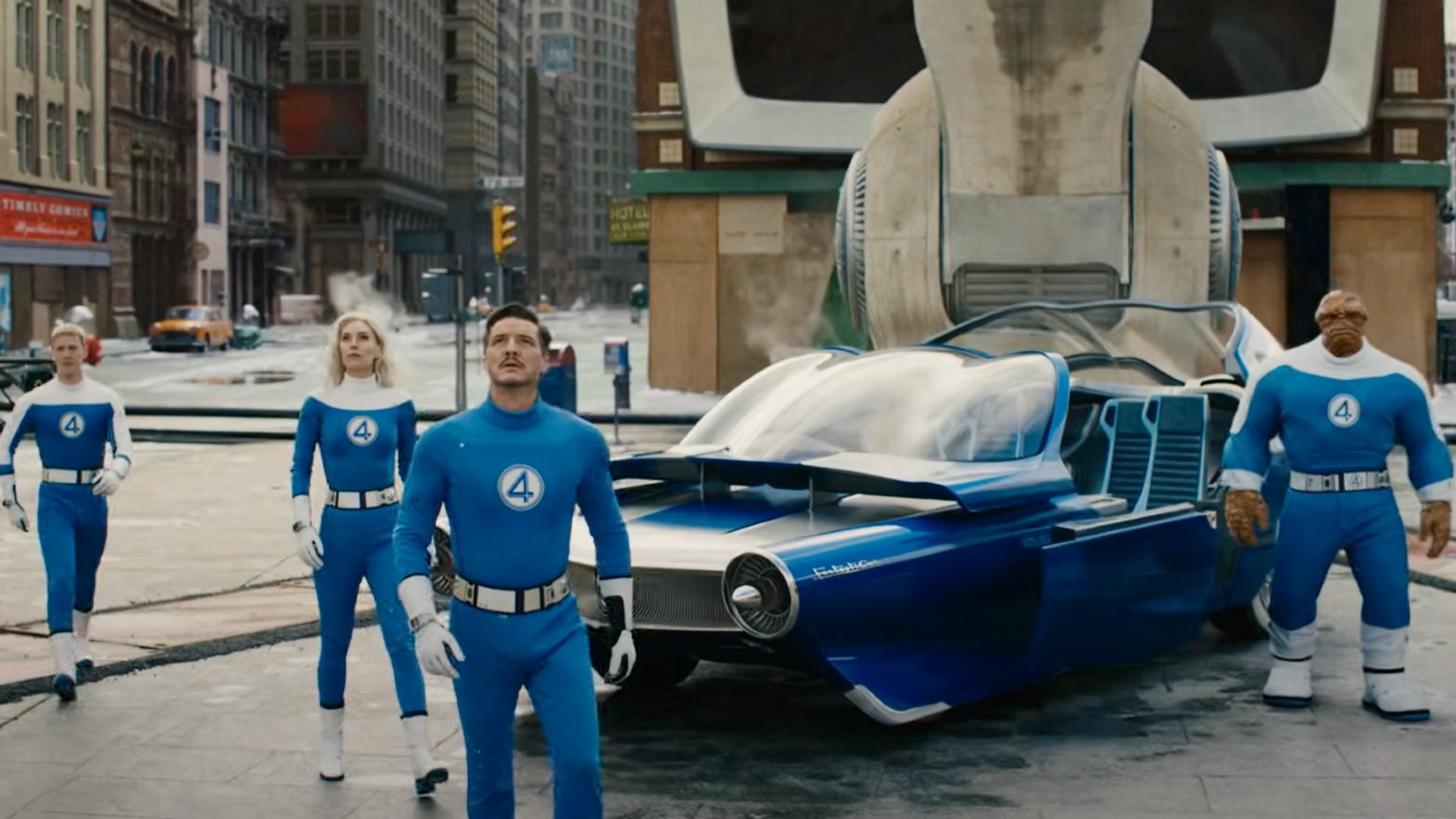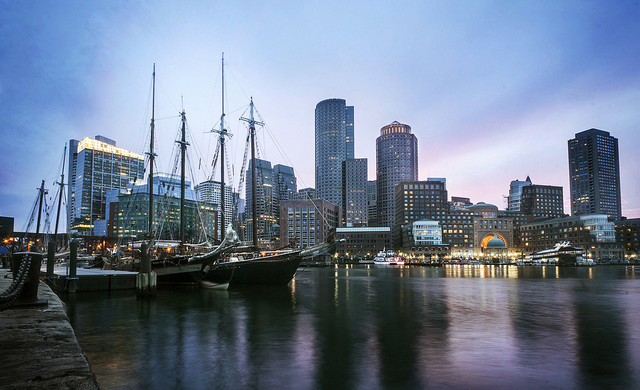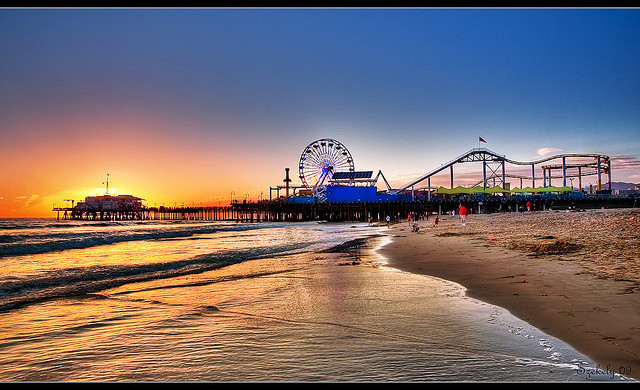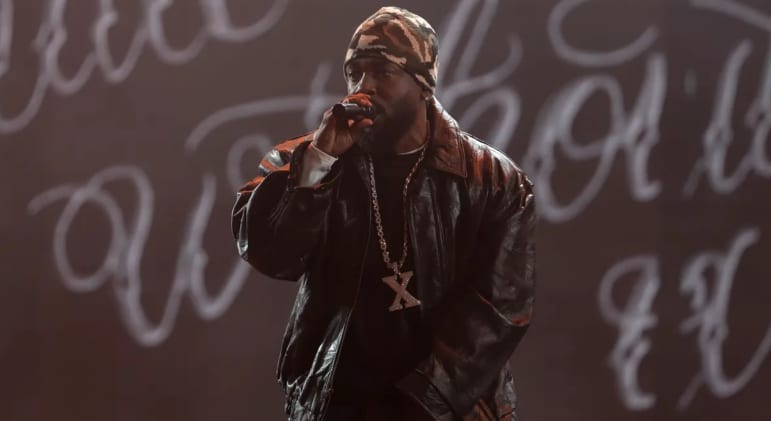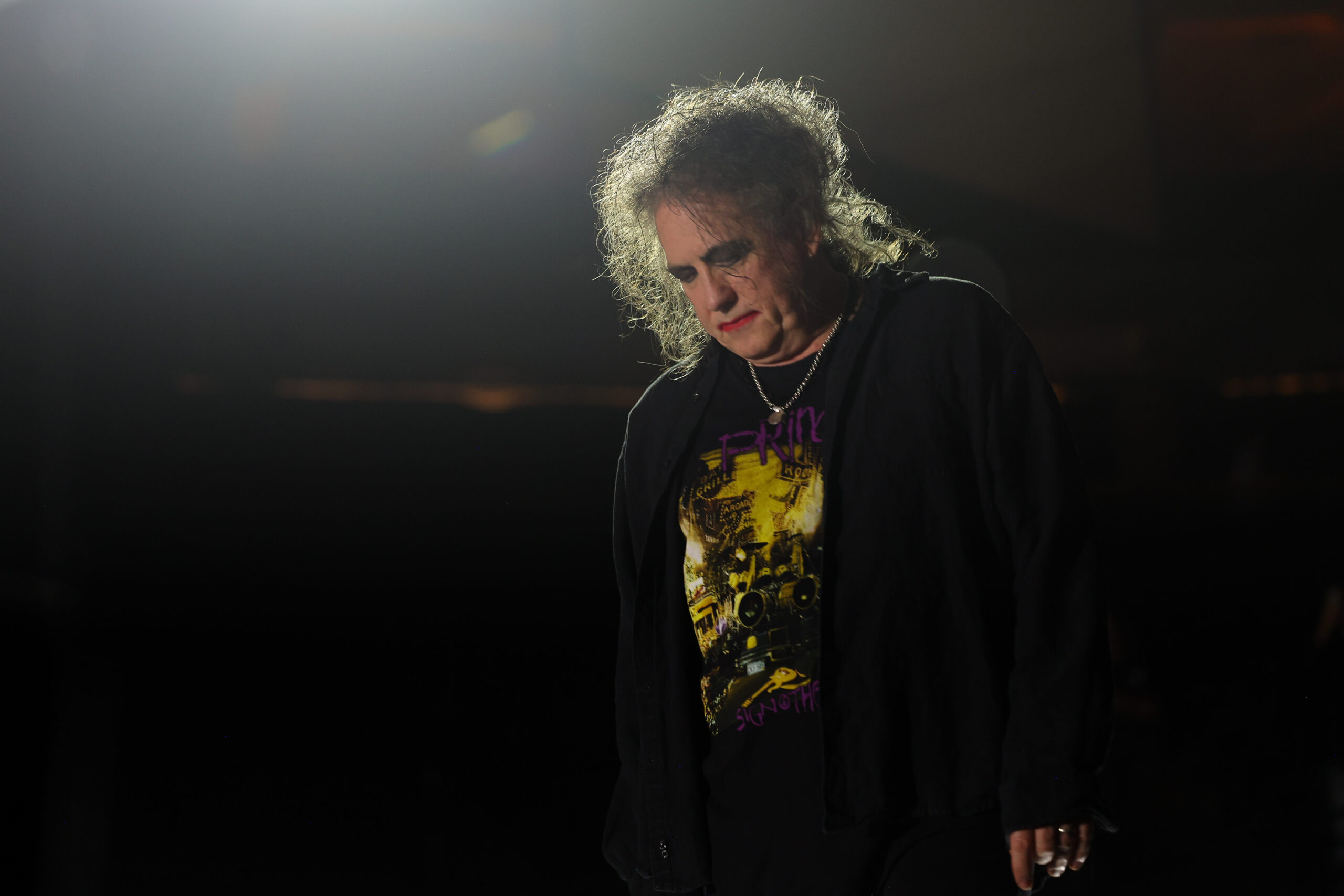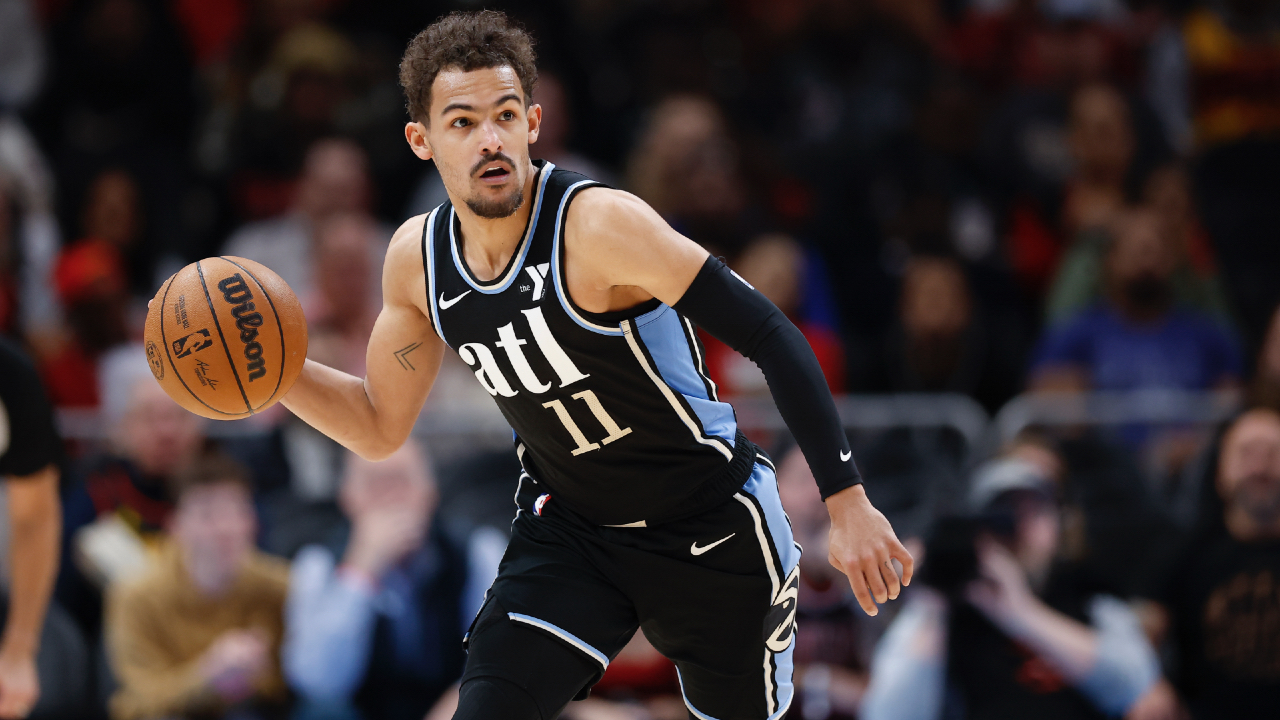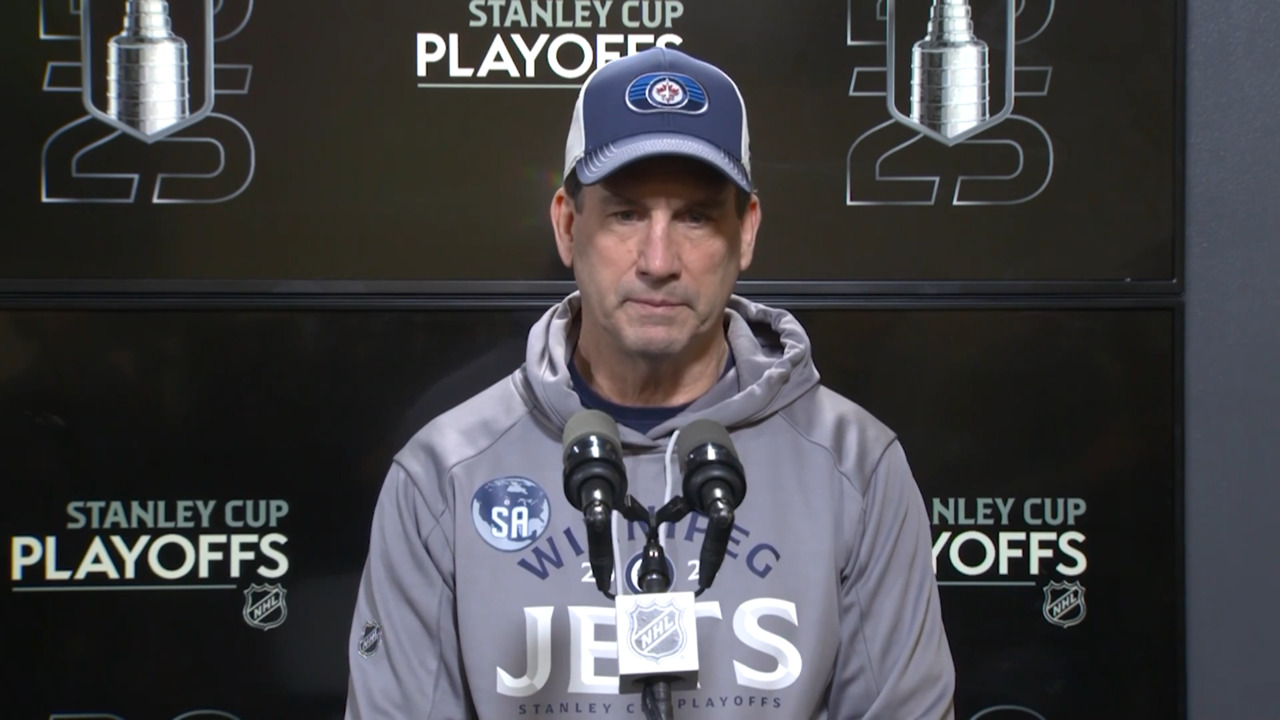How Rich Barton Built Expedia and Zillow from $0 to $35B — Audacious Goals, Provocation Marketing, Scrabble for Naming, and Powerful Daily Rituals (#806)
Rich Barton, Co-Founder of Zillow, Expedia, and Glassdoor, on The Tim Ferriss Show podcast! The post How Rich Barton Built Expedia and Zillow from $0 to $35B — Audacious Goals, Provocation Marketing, Scrabble for Naming, and Powerful Daily Rituals (#806) appeared first on The Blog of Author Tim Ferriss.
Rich Barton (@Rich_Barton) is the co-founder and co-executive chairman of Zillow, a company transforming how people buy, sell, rent, and finance homes. Rich has been a member of Zillow’s board since its inception in 2004 and has served as both its CEO and executive chairman.
Before Zillow, Rich founded Expedia within Microsoft in 1994 and successfully spun the company off as a public company in 1999. He served as president, CEO, and board director of Expedia and later co-founded and served as non-executive chairman of Glassdoor.Rich was a venture partner at Benchmark Capital and continues to be a board director for Qurate, Stanford Board of Trustees, and Zillow Group.
Rich has been married to Sarah since 1993 and has three grown, kick-ass children, who couldn’t be more awesome and different. He loves to snowboard, surf, play tennis, golf, hike, and fish with his family and friends and has to spend an increasing amount of time keeping strong and fit in order to be so active.
Please enjoy!
Listen to the episode on Apple Podcasts, Spotify, Overcast, Podcast Addict, Pocket Casts, Castbox, YouTube Music, Amazon Music, Audible, or on your favorite podcast platform.
This episode is brought to you by Ramp easy-to-use corporate cards, bill payments, accounting, and more; Cresset prestigious family office for CEOs, founders, and entrepreneurs; and Shopify global commerce platform, providing tools to start, grow, market, and manage a retail business.
This episode is brought to you by Ramp! Ramp is corporate card- and spend-management software designed to help you save time and put money back in your pocket. Ramp has already saved more than 25,000 customers—including other podcast sponsors like Shopify and Eight Sleep—more than 10 million hours and more than $1 billion through better financial management of their corporate spending.
With Ramp, you’re able to issue cards to every employee with limits and restrictions and automate expense reporting, allowing you to close your books 8x faster on average. Your employees will no longer need to spend hours submitting expense reports. In less than 15 minutes, you can get started issuing virtual and physical cards and making payments, whether you have 5 employees or 5,000. Businesses that use Ramp save an average of 5% on total card spending and related expenses in the first year. And now, you can get $250 when you join Ramp. Just go to ramp.com/Tim.
This episode is brought to you by Cresset Family Office! Listeners have heard me talk about “making before you manage” for years. And for me—as a writer and entrepreneur—I definitely gravitate toward making. So it’s important that I find the right people who are great at managing. That’s why I trust this episode’s sponsor, Cresset Family Office.
Cresset is a prestigious family office for CEOs, founders, and entrepreneurs. They handle the complex financial planning, uncertain tax strategies, timely exit planning, bill pay and wires, and all the other parts of wealth management that would otherwise pull me away from doing what I love most: making things, mastering skills, and spending time with the people I care about. Experience the freedom of focusing on what matters to you with the support of a top wealth management team. Schedule a call today at cressetcapital.com/Tim to see how Cresset can help streamline your financial plans and grow your wealth.
I’m a client of Cresset. There are no material conflicts other than this paid testimonial. All investing involves risk, including loss of principal.
This episode is brought to you by Shopify! Shopify is one of my favorite platforms and one of my favorite companies. Shopify is designed for anyone to sell anywhere, giving entrepreneurs the resources once reserved for big business. In no time flat, you can have a great-looking online store that brings your ideas to life, and you can have the tools to manage your day-to-day and drive sales. No coding or design experience required.
Go to shopify.com/Tim to sign up for a one-dollar-per-month trial period. It’s a great deal for a great service, so I encourage you to check it out. Take your business to the next level today by visiting shopify.com/Tim.
Want to hear an episode with someone who’s worked closely with Rich Barton? Listen to my conversation with Benchmark’s Bill Gurley, in which we discussed sell-side analysts versus buy-side analysts, financial models, repurposing good ideas for alternative applications, the conviction of network effects, undervalued competitive advantages, cultivating anti-tribalism, America’s future, and much more.
What was your favorite quote or lesson from this episode? Please let me know in the comments.
SELECTED LINKS FROM THE EPISODE
- Connect with Rich Barton:
Institutions/Companies/Places
- Zillow: Real estate marketplace company co-founded by Rich Barton and Lloyd Frink.
- Expedia: Microsoft-originating travel technology company that went public under Rich’s leadership.
- Glassdoor: Job/company review site co-founded by Rich Barton and Bob Hohman. Mentioned for its provocative data (salaries, CEO reviews) and “give to get” model.
- CNBC: Rich’s favorite source of news because “business news is generally happy.”
- Hyperice: Company making wellness/recovery products (like the Venom).
- Marvel: New York City-based comic book publisher and media juggernaut.
- Abercrombie & Fitch: American lifestyle retailer.
- Four Seasons: Worldwide luxury hotel chain.
- Microsoft: Multinational corporation and technology conglomerate — one of Rich’s first jobs out of college.
- Egghead: Defunct software retail store chain. Rich’s first job involved getting MS-DOS 5 into Egghead.
- Barnes & Noble: Company operating approximately 600 retail bookstores across the United States.
- Borders: Once mighty, now defunct American bookselling chain.
- Bear Stearns: American investment bank, securities trading, and brokerage firm that failed in 2008.
- BCG (Boston Consulting Group): American global management consulting firm.
- Alliance Consulting Group: Strategy consulting firm where Rich worked right out of college.
- Stanford University: Highly selective, private research university.
- Apple: American multinational corporation and technology company.
- Patagonia: Retailer of outdoor clothing focused on environmental sustainability.
- Disney: American multinational mass media and entertainment conglomerate.
- Northwestern University: Private research university in Evanston, Illinois.
- Prodigy: Early online service provider where Rich used Easy Sabre.
- University of Washington: Research-intensive public university with a strong focus on STEM fields.
- GE (General Electric): An American multinational conglomerate founded in 1892.
- Honeywell: Publicly traded, multinational conglomerate corporation.
- IAC (InterActiveCorp): Media and internet conglomerate founded by Barry Diller, acquired Expedia. Rich served on its board.
- Gurney’s: Immerse yourself in coastal elegance and seaside charm at this iconic beach resort. Sorry, but day passes for locals no longer honored.
- Italy: The 10th-largest country in Europe by area.
- Idealab: Startup incubator founded by Bill Gross. Mentioned as potential origin place of the AdWords concept.
- TCV (Technology Crossover Ventures): Venture capital firm, co-invested with Benchmark in Zillow’s A round.
- Avvo: Online legal marketplace co-founded by Rich Barton and Mark Britton. Mentioned for rating attorneys and subsequent lawsuits (“provocation marketing”).
- Sand Hill Road: This stretch of roadway serves as the home to firms that have funded some of the largest tech companies in the market.
- Tripadvisor: Travel review site, used as a comparison/model for Avvo.
- FBI (Federal Bureau of Investigation): Mentioned metaphorically in the Die Hard analogy regarding the Avvo launch strategy.
- SEC (Securities and Exchange Commission): US government agency where Mark Britton worked.
- ISS (Institutional Shareholder Services): Firm that rates public company boards/directors. Rich mentioned having low ratings but not caring.
- Stripe: Financial technology company, mentioned as an example of a late-stage private company likely compensating directors well.
- Automattic: Company founded by Matt Mullenweg (WordPress), known for its distributed workforce model.
- Shopify: E-commerce platform company, mentioned as another example that handled the pandemic/remote work well.
- MindHead: Fictional cult-like religion/organization from the movie Bowfinger.
- Burning Man: A week-long, large-scale desert event focused on “community, art, self-expression, and self-reliance.”
Books and Written Works
- DOS For Dummies by Dan Gookin
- eBoys: The First Inside Account of Venture Capitalists at Work by Randall E. Stross
- The 4-Hour Workweek: Escape 9-5, Live Anywhere, and Join the New Rich by Timothy Ferriss
- The 4-Hour Body: An Uncommon Guide to Rapid Fat-Loss, Incredible Sex, and Becoming Superhuman by Timothy Ferriss
- In Sunlight and in Shadow by Mark Helprin
- A Soldier of the Great War by Mark Helprin
- Winter’s Tale by Mark Helprin
- Freddy and Fredericka by Mark Helprin
- The Last of the Mohicans by James Fenimore Cooper
- Snow Crash by Neal Stephenson
- Cryptonomicon by Neal Stephenson
- Termination Shock: A Novel by Neal Stephenson
- Polostan: Volume One of Bomb Light by Neal Stephenson
- Stories of Your Life and Others by Ted Chiang
- Exhalation: Stories by Ted Chiang
- The Paper Menagerie and Other Stories by Ken Liu
- The Lincoln Highway: A Novel by Amor Towles
- Hopper and Dropper: Rich’s mostly defunct blog.
Movies/TV Shows/Music
- Thelma & Louise
- Field of Dreams
- Back to the Future
- Die Hard
- Up in the Air
- Game of Thrones
- Arrival
- Appetite For Destruction by Guns N’ Roses
- Billions
- Rounders
- Bowfinger
People
- Eddy Cue: Apple executive mentioned in the context of Apple’s product “magic” (specifically Universal Control).
- Sarah Barton: Rich’s wife, mentioned in relation to her residency match, the birth of their twins, and family decisions (moving to Italy, getting tattoos).
- Brad Chase: Rich’s first significant boss at Microsoft. Encouraged him to take big swings, supported him despite the failure of the DOS for Dummies bundle project.
- Leonard and Stephen Riggio: Mentioned in relation to Barnes & Noble leadership during the DOS for Dummies bundle project.
- John Kilcullen: Creator of the For Dummies book series, met with Rich for the failed bundle project.
- Nina Marton: Stanford engineering classmate who got a job at Microsoft first and encouraged Rich to join.
- Michael Porter: Academic associated with competitive strategy concepts learned by Rich during his consulting stint.
- Bill Gates: Co-founder of Microsoft. Mentioned specifically for greenlighting the internal venture that became Expedia and promising to consider spinning it out.
- Steve Ballmer: CEO of Microsoft at the time Expedia was spun out.
- Jack Welch: Chairman and CEO of General Electric (GE) between 1981 and 2001.
- Greg Maffei: CFO of Microsoft, became Chairman of Expedia after the spin-out.
- Barry Diller: Media executive, founder of IAC. Acquired Expedia. Was Rich’s chairman for a period.
- Dara Khosrowshahi: Worked for Barry Diller/IAC, key strategist involved in the Expedia acquisition. Later became CEO of Expedia after Rich.
- Ermelinda Campani: Ran the Stanford program in Florence, helped Rich’s family when they moved there.
- Lloyd Frink: Rich’s Stanford classmate, Expedia colleague, and co-founder of Zillow.
- Bill Gurley: Has been a general partner at Benchmark for more than 20 years.
- Garrett Camp: Implied co-founder/early figure at Uber. Mentioned self-funding early stages.
- Travis Kalanick: Implied co-founder/early figure at Uber.
- Jason Calacanis: Implied early figure/investor at Uber.
- Bill Gross: Founder of Idealab, mentioned in relation to the potential origin of the AdWords concept.
- David Beitel: CTO at Expedia and Zillow.
- Walt Mossberg: Influential tech columnist who reviewed Zillow favorably at launch, causing a surge in traffic. Compared to Oprah in terms of influence at the time.
- Oprah Winfrey: Iconic American talk show host, television producer, actress, author, and media proprietor.
- Amy Bohutinsky: Head of Marketing at Zillow during launch, credited with the “lemonade out of lemons” approach to the launch day crash and the data-driven PR strategy.
- Bob Hohman: Expedia colleague, co-founder of Glassdoor with Rich.
- Mark Britton: Expedia colleague (former General Counsel), co-founder of Avvo with Rich.
- Bruce Dunlevie: Venture capitalist at Benchmark Capital.
- George Clooney: Actor mentioned regarding his role in the movie Up in the Air.
- Chris Sacca: A mutual friend of ours.
- Wile E. Coyote: If he catches you, you’re through.
- Matt Mullenweg: Founder of Automattic (WordPress). Influenced Barton’s thinking on remote work (“Cloud HQ”) during the pandemic.
- Mark Helprin: Author of fiction books including The Oceans and the Stars, Soldier of the Great War, A Winter’s Tale.
- John Mearsheimer: Political scientist associated with “offensive realism,” mentioned in relation to Mark Helprin’s writing themes.
- Haruki Murakami: Japanese author of magical realism fiction.
- Neal Stephenson: Science fiction author (Snow Crash, Cryptonomicon, Termination Shock, Polostan).
- Ted Chiang: Science fiction author of short story collections (Stories of Your Life and Others, Exhalation). His story was the basis for the movie Arrival.
- Jeremy Renner: Actor mentioned for his role in Arrival.
- Ken Liu: Science fiction/fantasy author (The Paper Menagerie).
- Amor Towles: Author (Lincoln Highway) who formerly worked in finance.
- Hugh Howey: Author mentioned in passing.
- Brian Koppelman: Co-creator of Billions, co-writer of Rounders, host of The Moment podcast, discovered Tracy Chapman.
- Tracy Chapman: Musician discovered by Brian Koppelman.
- Eddie Murphy: Actor/comedian mentioned for his roles in Bowfinger.
- Steve Martin: Actor/comedian mentioned for his role in Bowfinger.
- Heather Graham: Actress mentioned for her role in Bowfinger.
- Christiane King: Procreate tutorial instructor.
Concepts
- Universal Control (Apple): Described as “magic” when Rich’s mouse moved seamlessly from Mac to iPad.
- Anaconda Diet: Rich’s 12-egg strategy for getting his son to gain weight.
- 640k Barrier: Technical limitation in early MS-DOS overcome by MS-DOS 5.
- COGS (Cost of Goods Sold): Business term mentioned regarding the “DOS for Dummies” bundle cost.
- Intrapreneurs: Individuals who act like entrepreneurs within a larger organization.Rich identifies with this and discusses protecting them.
- Corporate Immune System: Metaphor for how large organizations can reject innovators.
- Clients and Servers: Software architecture concept used by Rich as an analogy for dividing the world into service providers and builders.
- Internet Bubble: a speculative bubble that developed following the popularization of the World Wide Web in 1991.
- Competitive Strategy / Michael Porter Five Forces: Business strategy frameworks learned/referenced by Rich.
- Conglomerate Discount: Financial concept where diversified companies are valued less than the sum of their parts.
- Compensation-Accountability Disconnect: Issue Rich saw at Microsoft that the Expedia spin-out aimed to address (partly).
- S-1: Document filed for an IPO (Initial Public Offering). Mentioned regarding Expedia’s IPO.
- IPO (Initial Public Offering): Term for the first time a private company sells shares of its stock to the public on a stock exchange.
- IPO Roadshow: Process of pitching a company to institutional investors before an IPO. Rich described his experience.
- Zestimate: Zillow’s proprietary home valuation algorithm/feature. Key innovation and “provocation marketing” tool.
- TAM (Total Addressable Market): Business concept discussed in relation to Uber’s market size perception.
- AdWords (Google): Advertising platform/model admired by Rich and Frink, potentially inspired auction ideas for Zillow (which failed for housing). Mentioned potential origin from Overture/GoTo.com (Idealab).
- Price Discovery: Economic concept, goal of Zillow’s early auction idea and later the Zestimate.
- Vertical Integration (Google): Strategic concern for marketplaces relying on Google traffic, as Google enters their business areas (travel, reviews, etc.).
- Super App (Zillow Strategy): Zillow’s long-term goal to be a one-stop integrated platform for renting/buying.
- High Point Scrabble Letters (Z, X, Q): Used in Rich’s company naming strategy for distinctiveness.
- Naming Rules (Rich’s): Prefer made-up words, rare letters (Z, X, Q), fewer syllables (2 ideal), evocative of positive things, potential verb use, double letters/palindromes.
- Board of Directors Role: Discussed functions in private (coaching, strategy, recruiting) vs. public companies (shareholder representation, CEO hiring/firing, capital allocation). Discussed potential pitfalls (process focus, CYA, ISS ratings).
- Cloud HQ / Cloud Headquarters: Rich’s term (influenced by Matt Mullenweg) for Zillow’s distributed/remote work model post-pandemic.
- Offensive Realism (John Mearsheimer): Political science concept mentioned regarding Mark Helprin’s writing themes.
- A&R (Artists and Repertoire): Music industry role (talent scouting/development), mentioned regarding Brian Koppelman’s past.
- “Don’t Panic”: A phrase from The Hitchhiker’s Guide to the Galaxy by Douglas Adams, often used as a general advice in challenging or unexpected situations.
Products/Brands/Services/Games
- iPad: Apple tablet computer.
- Pocari Sweat: Japanese electrolyte drink favored by Barton (recommended by his nutritionist).
- Hyperice Venom: Heated vibrating back wrap used by Barton during his morning routine.
- MS-DOS 5: Microsoft operating system Barton worked on early in his career.
- Windows 95: Major Microsoft operating system release Barton worked on before moving to the consumer division.
- Windows NT: A family of operating systems developed by Microsoft that use the “NT” (New Technology) core.
- CD-ROM: Optical disc format, mentioned regarding multimedia products (Encarta) and the failed travel guide idea.
- Encarta: Microsoft’s multimedia encyclopedia on CD-ROM. Barton managed a portfolio including an Encarta travel guide concept.
- easySABRE: Software tool used by travel agents (accessed by Barton via Prodigy) that inspired the Expedia concept.
- Peloton: Exercise bike/platform used by Barton.
- Scrabble: Board game, used as an analogy for letter frequency/value in Barton’s naming strategy.
- Taco Cat (Goat Cheese Pizza): Card game mentioned as simple fun during disconnected time.
- Google Maps: Online mapping service, integrated with Zillow’s Zestimate concept (prices on roofs).
- Kindle: Amazon’s e-reader device/platform, how Barton primarily reads now.
- Starlink: Satellite internet service, mentioned as making disconnection harder.
- Airstream: Brand of travel trailers.
- Procreate: Digital painting app for iPad used by Barton.
- WordPress: Content management system/platform associated with Matt Mullenweg/Automattic.
- Balenciaga: Luxury fashion brand.
- Prada: Another luxury fashion brand.
- Zoom: Video conferencing software, mentioned regarding IPO roadshows potentially moving online.
Awards
- Hugo Award: Annual literary award for the best science fiction or fantasy works and achievements of the previous year.
- Nebula Award: Annual award for the best works of science fiction or fantasy published in the United States.
Relevant Resources
- The Man Who Escaped Microsoft and Took a Whole Company With Him | WIRED
- Improving Workplace Culture, One Review at a Time | The New Yorker
- This Company Made Google a Trillion Dollars. Why Have You Never Heard of It? | Inc.
- Syllables, Scrabble Letters, and Picking Brand Names | Hopper and Dropper
- Amor Towles | The Moment with Brian Koppelman
SHOW NOTES
- [00:00:00] Start.
- [00:05:30] Eddy Cue magic.
- [00:06:14] Rich’s morning routine and workout philosophy.
- [00:13:38] How Brad Chase at Microsoft taught Rich to swing big.
- [00:15:46] The failed DOS for Dummies book bundle project.
- [00:18:52] Steering a company toward a culture of innovation.
- [00:20:26] Rich’s journey from management consulting to Microsoft.
- [00:24:34] How Expedia came to be.
- [00:32:32] Pitching and recruiting team talent.
- [00:37:18] Degree design at Stanford.
- [00:39:45] Realizing the value of real work as a youth.
- [00:41:44] A fascination with Italy.
- [00:43:01] Selling Expedia to Barry Diller/IAC.
- [00:43:51] Dara Khosrowshahi’s role in Expedia’s acquisition.
- [00:45:23] From a post-Expedia sale sabbatical in Italy to the birth of Zillow with Lloyd Frink.
- [00:55:41] “Big pond, good fishermen” as business criteria.
- [00:56:50] Early Zillow mistakes.
- [01:00:05] The Zestimate: Zillow’s killer feature.
- [01:01:29] Making lemonade from the lemons of Zillow’s launch day server crash.
- [01:03:49] Rich’s provocation marketing playbook.
- [01:05:30] Regulatory battles and resistance to industry disruption.
- [01:10:44] Founding Glassdoor and its “give to get” data collection model.
- [01:12:58] Avvo and rating attorneys — legal challenges as marketing.
- [01:16:11] Digital marketplaces and Google disintermediation concerns.
- [01:19:52] How Rich names companies to be memorable.
- [01:25:28] Why Rich recommends leaving fear out of the provocation marketing equation.
- [01:26:48] Working with Benchmark Capital.
- [01:30:37] What serving on a board looks like and Rich’s membership criteria: “Is it local? Is it fun? Is it lucrative?”
- [01:39:00] Rich’s motivation and regimen for staying healthy in his 50s.
- [01:47:13] Cultivating leadership through absence — the two-week disconnected trip.
- [01:49:34] Building a good company by keeping good company.
- [01:51:42] Developing the skill to fire people as a win/win proposition.
- [01:54:41] Rich’s family tattoo design and symbolism.
- [01:57:29] Advice for balancing family and professional life.
- [02:01:08] The benefits of distributed workforces post-pandemic.
- [02:03:23] Recommended reading.
- [02:12:17] Rich’s billboard.
- [02:14:25] The importance of sabbaticals and disconnecting from digital devices.
- [02:17:41] Taking up Procreate digital art during COVID.
- [02:19:05] Parting thoughts.
RICH BARTON QUOTES FROM THE INTERVIEW
“Great organizations encourage innovation, encourage big idea people to take big swings and do not punish them when it doesn’t work out according to plan.”
— Rich Barton
“Power to the people, baby. You build magic stuff for masses of consumers that they want to talk about with their friends, unprompted on the sidelines of the soccer game or what have you.”
— Rich Barton
“[Almost] all of my mistakes as a leader have been leaving the pitcher on the mound too long hoping that the arm would get better.”
— Rich Barton
“If you’re not happy with the performance of this person, I guarantee you the person isn’t happy either. Therefore, you can increase love in the world by releasing that person to find where that person belongs.”
— Rich Barton
“I’ve developed a pretty good playbook around what I would call provocation marketing. When you have a really provocative feature that you know people are going to feel emotional about one way or the other and they’re going to talk about it, you’re on to something.”
— Rich Barton
The post How Rich Barton Built Expedia and Zillow from $0 to $35B — Audacious Goals, Provocation Marketing, Scrabble for Naming, and Powerful Daily Rituals (#806) appeared first on The Blog of Author Tim Ferriss.
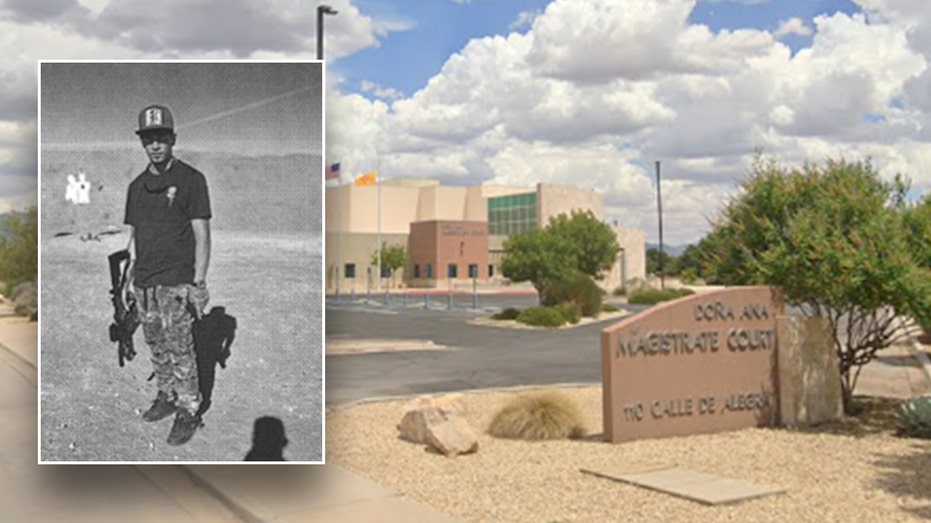









![From fast food worker to cybersecurity engineer with Tae'lur Alexis [Podcast #169]](https://cdn.hashnode.com/res/hashnode/image/upload/v1745242807605/8a6cf71c-144f-4c91-9532-62d7c92c0f65.png?#)












